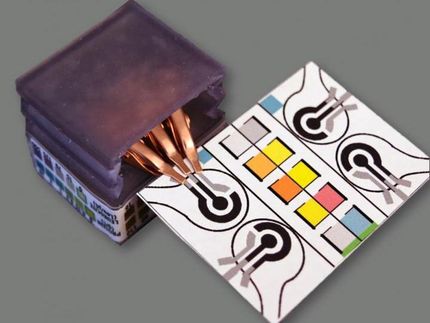PCA3 Test May Help Distinguish Aggressive Prostate Cancer
The PCA3 Test May Help Distinguish Between Benign and Aggressive
Advertisement
The number of prostate cancer cases is increasing rapidly. Fortunately not all these tumours need to be operated - some are slow growing or indolent. The question remains: how do we reliably establish which tumour is aggressive and which is not?
The answer may well be given by the PCA3 (Prostate Cancer Gene 3) test, a breakthrough in the diagnosis of prostate cancer. The genetic test was developed in the laboratory of the Radboud University in Nijmegen (NL) by a team headed by Professor Jack Schalken.
PCA3 is a new tool available in a simple urine test to help make better biopsy decisions - in combination with Prostate Specific Antigen (PSA) - in the diagnosis of prostate cancer. It is available as the PROGENSA(TM) PCA3 assay in Europeand is the first gene-based diagnostic test in this field. It is an efficient tool to help decide if prostate biopsy is really needed to diagnose prostate cancer in men suspected of having the condition. PCA3 is, unlike PSA, prostate cancer specific. This means that the gene is only produced by prostate cancer cells and is not affected by prostate size. It discriminates better than PSA between prostate cancer and benign/non-cancerous prostate diseases such as benign prostatic hyperplasia (BPH, i.e. prostate enlargement) or prostatitis (infection of the prostate). Therefore, PCA3 gives very useful information in deciding if a biopsy is really needed.
Most read news
Topics
Organizations
Other news from the department research and development

Get the life science industry in your inbox
By submitting this form you agree that LUMITOS AG will send you the newsletter(s) selected above by email. Your data will not be passed on to third parties. Your data will be stored and processed in accordance with our data protection regulations. LUMITOS may contact you by email for the purpose of advertising or market and opinion surveys. You can revoke your consent at any time without giving reasons to LUMITOS AG, Ernst-Augustin-Str. 2, 12489 Berlin, Germany or by e-mail at revoke@lumitos.com with effect for the future. In addition, each email contains a link to unsubscribe from the corresponding newsletter.


















































